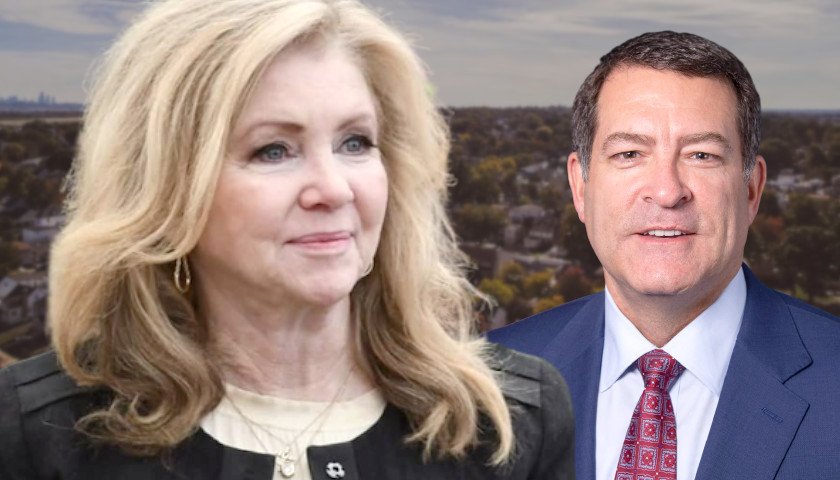Republican federal legislators from Tennessee blasted the Biden administration yesterday in light of the news that mortgage interest rates have reached a two-decade high.
Government-sponsored mortgage corporation Freddie Mac reported this week that the 30-year fixed-rate mortgage — the option most homebuyers choose — hit 7.08 percent, exceeding seven percent for the first time since spring 2002. The rate was 6.94 percent last week.
Meanwhile, the 15-year fixed-rate mortgage reached 6.36 percent, up from 6.23 percent last week. The five-year Treasury-indexed hybrid adjustable-rate mortgage now averages 5.96 percent, up from 5.71 percent in the previous week.
“Mortgage rates hit the highest level in 20 years,” U.S. Representative Mark Green (R-TN-7) said in an online statement on Thursday. “Another record for President Biden to add to his scoresheet.”
Tennessee’s senior Senator Marsha Blackburn took to Twitter to express her displeasure as well.
“Because of Joe Biden’s policies, mortgage rates have hit their highest level in over 20 years,” she wrote on Thursday.
The news on home loan rates comes amidst a major slump in the housing market, with American home sales having fallen continuously over the last eight months. While, according to the real-estate-analysis site Point2 Homes, renters in the city of Memphis can still afford to buy a starter home at a middling price, no other cities in Tennessee and few across the U.S. have that distinction.
After the new rate increases became public, Freddie Mac Chief Economist Sam Khater told the press he sees the combination of general inflation and pricier home loans keeping many Americans from going through with home purchases they may have hoped to make under better circumstances.
“The 30-year fixed-rate mortgage broke seven percent for the first time since April 2002, leading to greater stagnation in the housing market,” Khater said. “As inflation endures, consumers are seeing higher costs at every turn, causing further declines in consumer confidence this month. In fact, many potential homebuyers are choosing to wait and see where the housing market will end up, pushing demand and home prices further downward.”
Deborah Gadberry, president of the Tennessee Mortgage Bankers Association, told The Tennessee Star via email that while her organization believes that the state’s economy — which is strong relative to most others now — makes its housing market fairly resilient. Still, she said, many will feel some pain at least in the near term.
“The rising interest rates does impact the purchasing power of our borrowers,” she wrote. “Obviously when rates were at an all-time low of 2.5% earlier this year and now upwards of 7.0% it affects new and existing home buyers. There are fewer opportunities for refinances and it cuts out new buyers who may not be able to qualify at the higher rate.”
The Federal Reserve has raised interest rates to combat inflation, which reached a 40-year high earlier this year. Economists ascribe the inflation to a number of factors including massive federal spending and energy-cost rises resulting from the Russia-Ukraine conflict. Norbert Michel, vice president and director of the Center for Monetary and financial alternatives at the D.C.-based Cato Institute, told The Star that it’s also important to recall the extent to which COVID-19-related business restrictions disrupted supply chains. Had public policy been less heavy-handed, he explained, inflation and resultant interest-rate hikes likely would not be so severe.
“It’s really not fair to blame any one person,” Michel reasoned. “That said, it is very likely that without the government’s response to the COVID pandemic (massive shutdowns/stay-at-home orders), we would not have had such supply problems and the large spike in inflation. But with inflation expectations heightened, rates are sure to go up.”
– – –
Bradley Vasoli is a reporter at The Tennessee Star. Follow Brad on Twitter at @BVasoli. Email tips to [email protected].
Photo “Marsha Blackburn” by Marsha Blackburn.






Did they…was it over an ice cream cone. Marsha desperate to keep her relevance, time to primary her.